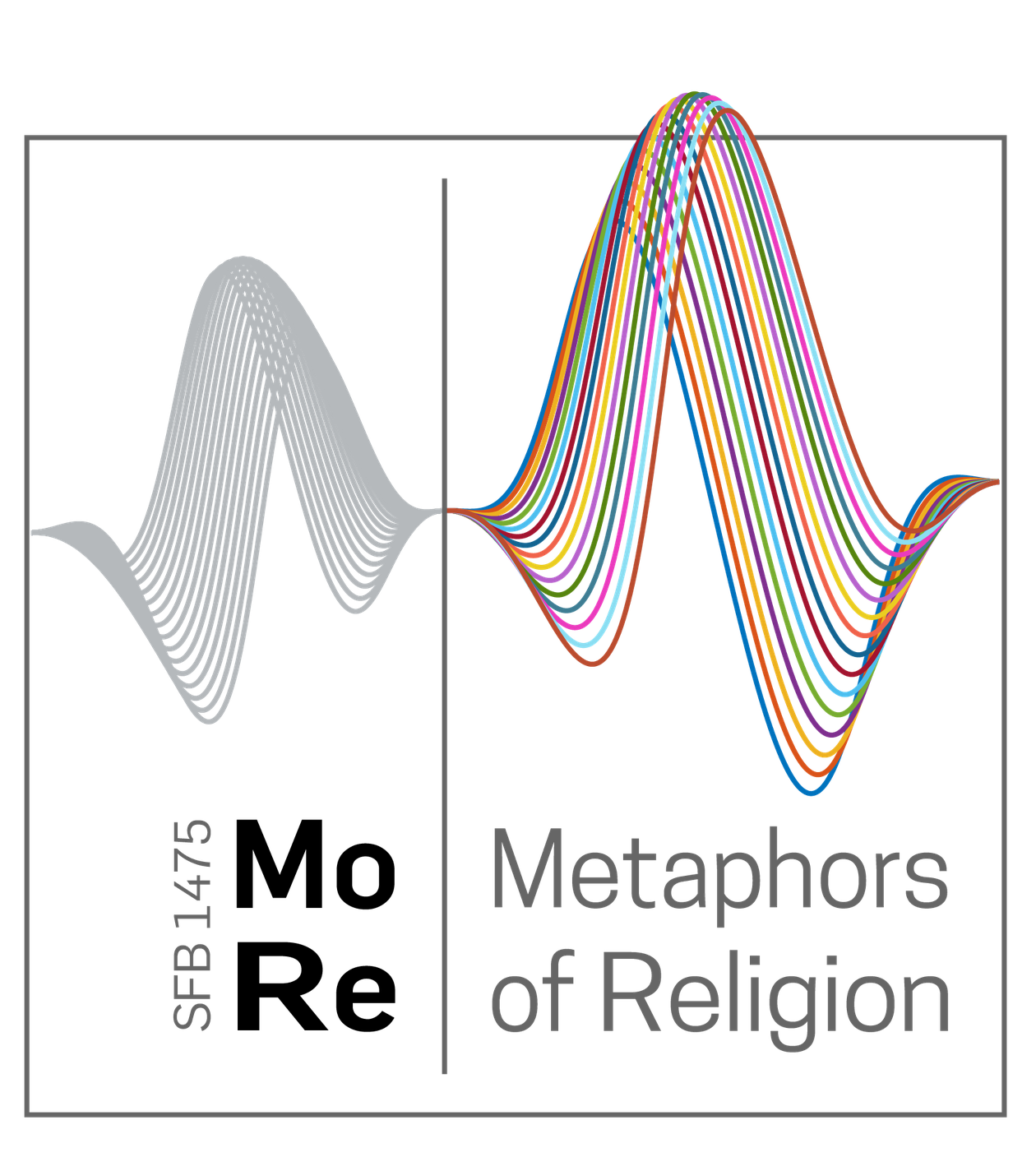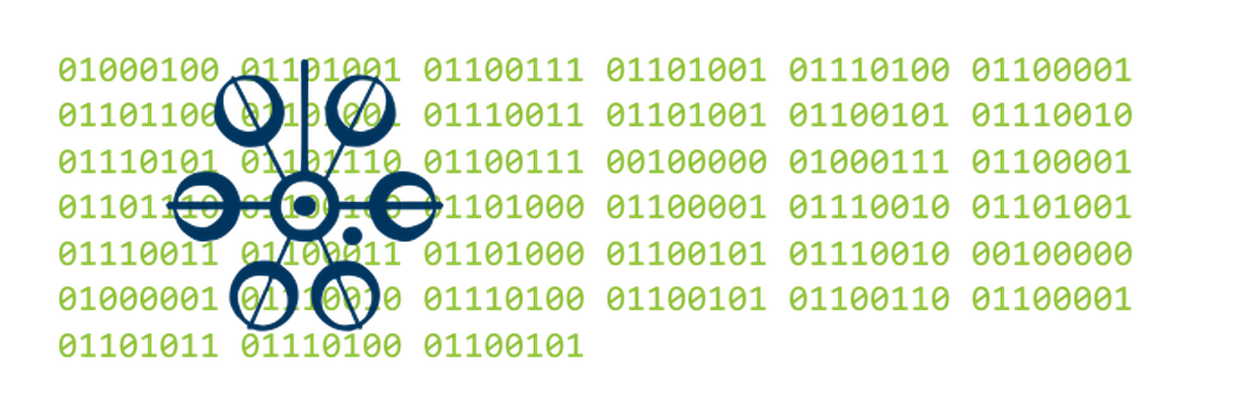
Religion & Media

Books, statues, scrolls, buildings, printed images, radios, televisions, social networks–these are all media that people use to experience religion. They allow forming religious communities, negotiating religious identities, and fostering encounters between various religious traditions. Focusing on media is one way to better understand religious changes through history as well as to study contemporary developments in society, culture, and religion.
This is the reason why the recently formed academic field of religion and media is getting increasing attention. The Religion & Media focus area at CERES explores under researched aspects of this field, and proposes innovative approaches:
- Media forms are considered from a materiality perspective. The definition of “media” includes, indeed, all those material objects that allow processes of mediation. Media help believers to bridge the distance between immanence and transcendence by enhancing sensual, bodily, and spatial experiences of the sacred. This perspective allows studying both processes of mediation in the pre-digital era, and material practices connected with contemporary media technologies.
- Scholars exploring historical case studies enter in conversation with scholars focusing on contemporary religion. This approach looks at the entanglement of religion and media as a historical process that helps to understand contemporary developments in culture and society. It does not sharply differentiate between “old” and “new” media, but rather sees the introduction of every media technology as innovative in a given historical time.
- Case studies are based on different geographical contexts, in particular Europe and Asia. This perspective allows getting away from a Western-centric scholarship and taking into account the peculiarities of national and local cases. At the same time, it permits a comparative religion approach that focuses on the global circulation of media discourses.
- Media are explored as tools that foster religious contact. Through media, indeed, different religious traditions can enter in conversation and mutually influence their practices and beliefs. Media also facilitate the inner differentiation of a religious tradition, offering for example spaces for the emergence of new ideas and authorities. Therefore, the focus on religious contact helps to better explore the complexity of pluralistic and diverse societies.
The Religion & Media focus area involves international scholars from various disciplines–including religious studies, media studies and communication, philology, art history, anthropology, sociology–who employ their different expertise to discuss new methodologies and theories. They organize workshops, establish international networks, and disseminate research through conferences and publications. New collaborations, perspectives, and ideas are always welcome.
Current Projects




Completed Projects












Coordination


